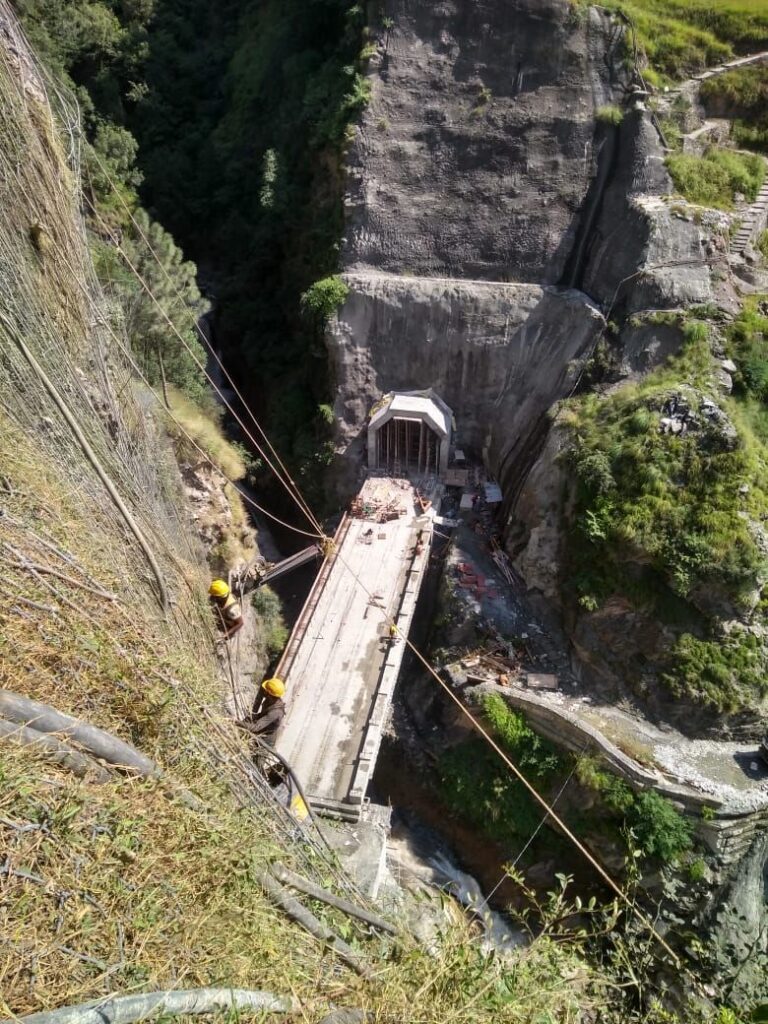

About
Definition
A gabion wall is considered a long-term solution to slope protection. It is a wire-stone structure in a hexagonal or cuboid shape, coupled with wire mesh comprising double or triple twists. The wall is filled with local stone or quarry and is commonly used or built-in in various configurations to provide sustainable protection.
Gabion walls provide benefits that include construction flexibility, rough-surfaced, good permeability, and monolithic structure. Additionally, it is a cost-effective and highly durable structure. The various gabion walls include anchored gabion, gabion wall/ mattress, and gabion with geotextiles. Applications of gabion walls include riverbank protection, wall retention alongside highways for slope protection against landslides, and reinforced soil structures.
Benefits
Flexibility in Construction
Monolithic structures, with their rough surface, offer excellent flexibility in construction. These structures provide good permeability, high durability, and come at a low cost, making them a practical choice for various building projects.
- Flexibility in construction
- Monolithic Structure
- Rough surface
- Good permeability
- High durability
- Low cost

Application
Uses of Gabions in Civil Engineering
Gabion wall are applied as retaining wall , river Bank Protection, erosion Protection, and Reinforced soil structures

Gabion is used for Facia for reinforced Earth structures

Gabion are used along rivers for scoring protection




